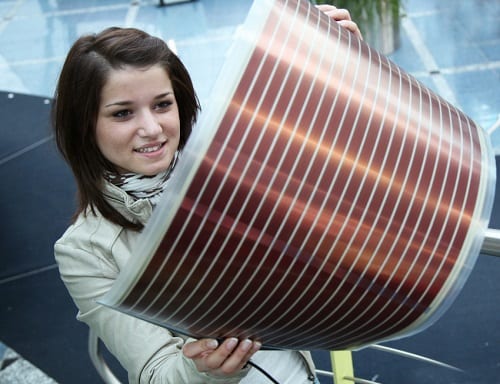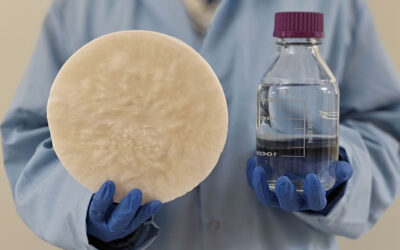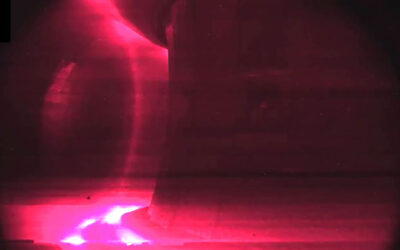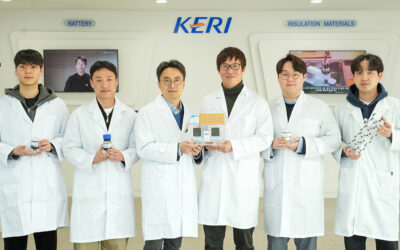The German-based chemical and pharmaceutical company Merck recently announced the start of the research project POPUP. Sponsored by the German Federal Ministry of Education and Research (BMBF), the project is designed to help achieve the breakthrough of organic photovoltaics (OPV). The research consortium coordinated by Merck consists of ten technology leaders working in various areas of OPV. The total budget of the project, which will run for three years, is € 16 million. The BMBF will provide the consortium with funds of € 8.2 million; the remaining amount will be borne by the companies participating in the project.

Merck has many years of experience in the field photovoltaics. At the company around 120 researchers are working on these kinds of materials. Source: ©Merck, Darmstadt, Germany
The objectives of POPUP are to develop significantly more efficient and stable OPV materials for cost-effective industrial printing and coating processes. In addition, new device architecture is to be created for flexible and rigid, semitransparent and opaque modules. In the medium to long term, these are to be developed in competitive mass production processes, for instance for integration into automobiles in order to ensure power supply to onboard electronic systems; in building and glass facades, to supply energy to stand-alone buildings and equipment, emergency systems, as well as traffic and navigation equipment. The new technologies are also to be used in off-grid recreation applications or to charge mobile consumer devices.
Merck is coordinating the overall project. The international leading manufacturer of semiconducting polymers is responsible for performing the development and synthesis of the cutting-edge materials as well as their chemical-physical characterization and evaluation in simple device structures. The company has the expertise and infrastructure needed to process these materials into printable formulations and to upscale them step by step – from the milligram to kilogram range.
The POPUP consortium comprises ten partners who have many years of experience in the organic photovoltaics field and are technology leaders in their respective areas of work: Merck, Darmstadt; Center for Applied Energy Systems, Erlangen; PolyIC GmbH & Co. KG, Fürth; Karlsruhe Institute of Technology, Karlsruhe; Leonhard Kurz Stiftung & Co. KG, Fürth; Belectric OPV GmbH, Nuremberg; Webasto Group, Stockdorf; Siemens AG, Erlangen; Centrosolar Glas GmbH & Co. KG, Fürth; Center for Solar Energy and Hydrogen Research, Stuttgart. The companies, universities and institutes are cooperating along a cross-sectoral and multidisciplinary value chain characterized by the division of labor.
The research topics of the BMBF POPUP project (code: 03EK3501) are thematically linked to the BMBF funding programme known as “Basic Research Energy 2020+”. POPUP specifically supports the implementation of the high-tech strategy of the German federal government.

















